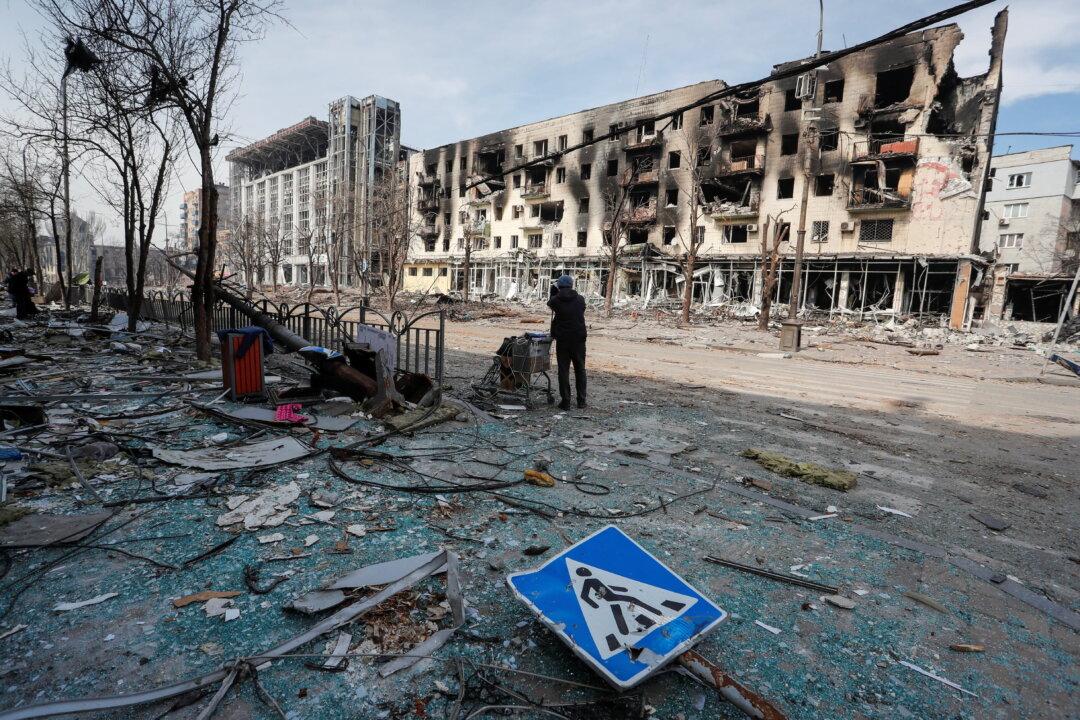Commentary
As the Russian invasion of Ukraine enters its second month, much is still in flux and our information is far from perfect, but three things stand out.

As the Russian invasion of Ukraine enters its second month, much is still in flux and our information is far from perfect, but three things stand out.